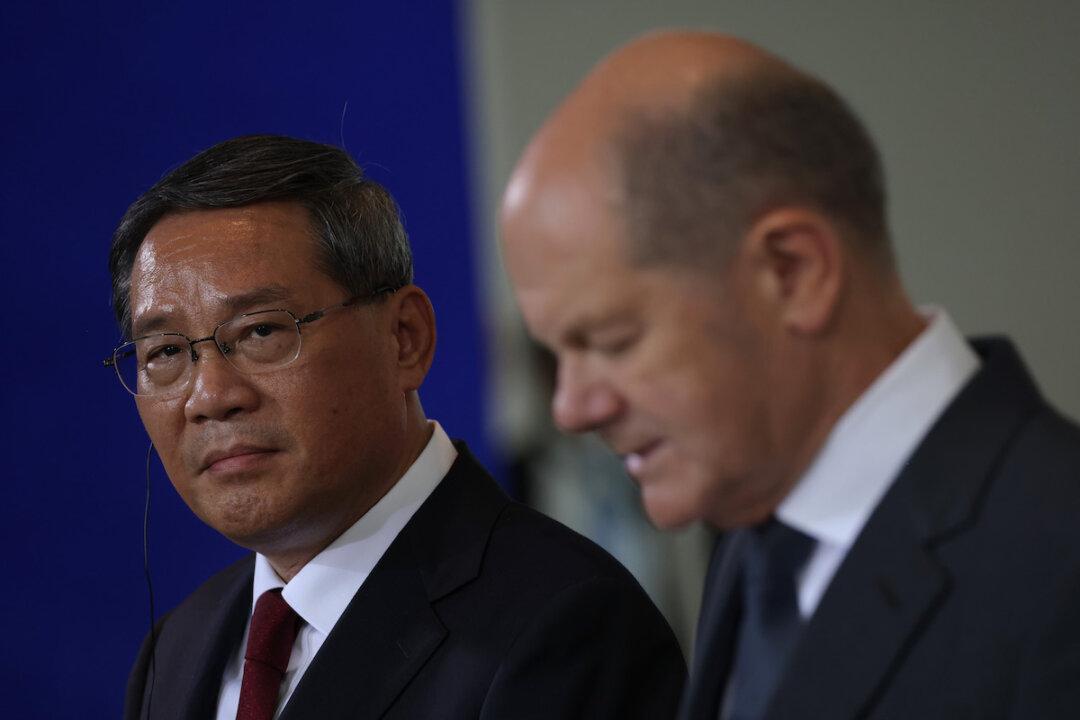News Analysis
Chinese Premier Li Qiang’s first diplomatic trip overseas took him to Europe last week, where he sought ways to de-escalate the Chinese Communist Party’s trade confrontation with liberal democracies.

Chinese Premier Li Qiang’s first diplomatic trip overseas took him to Europe last week, where he sought ways to de-escalate the Chinese Communist Party’s trade confrontation with liberal democracies.